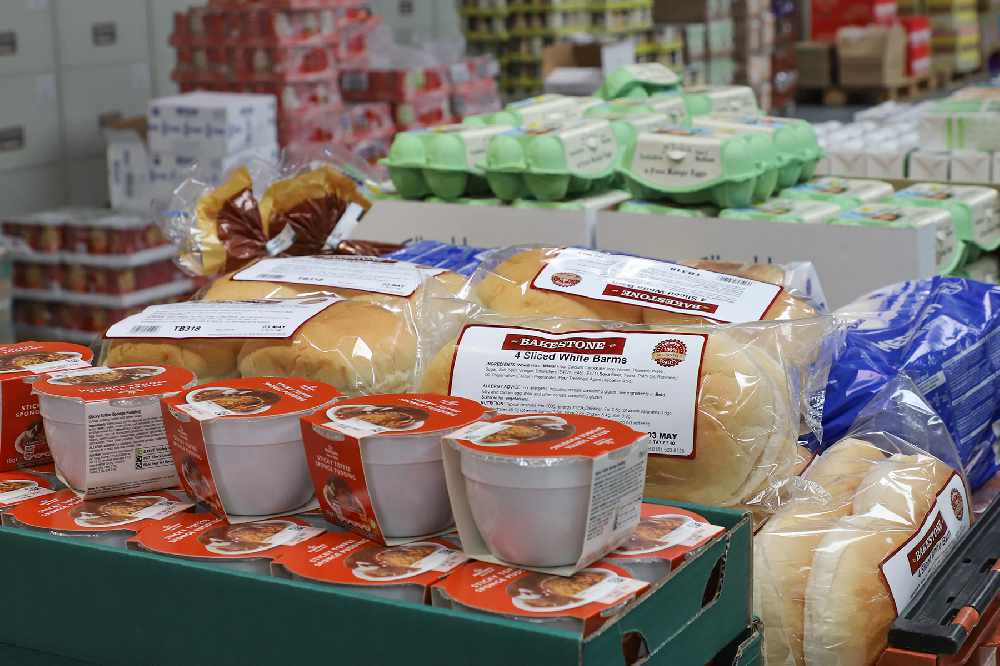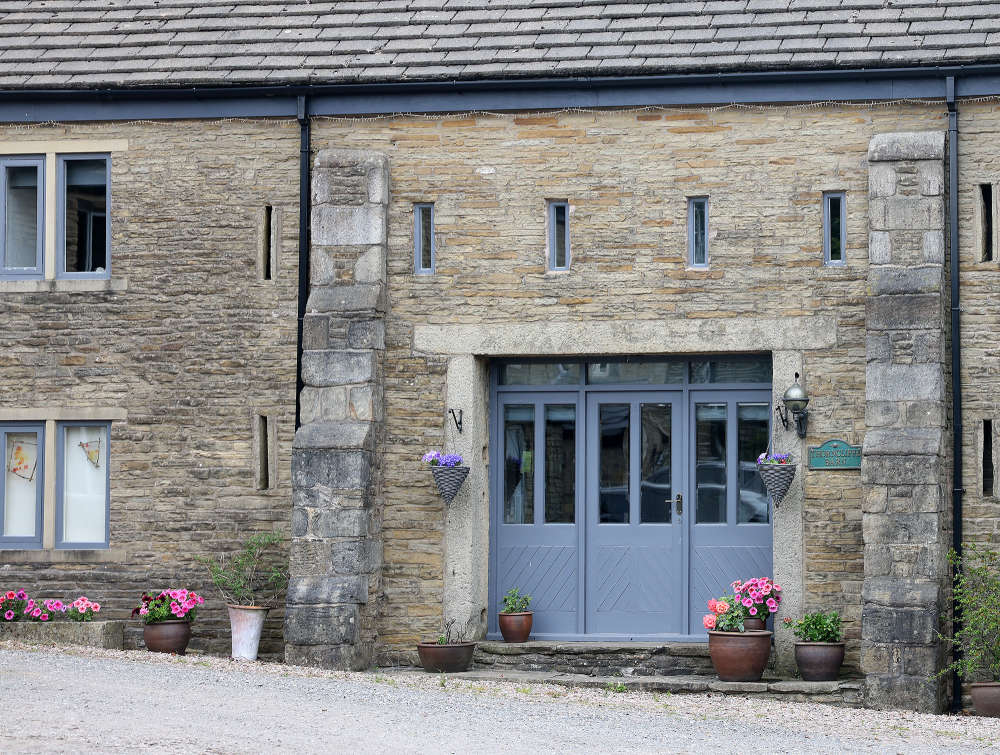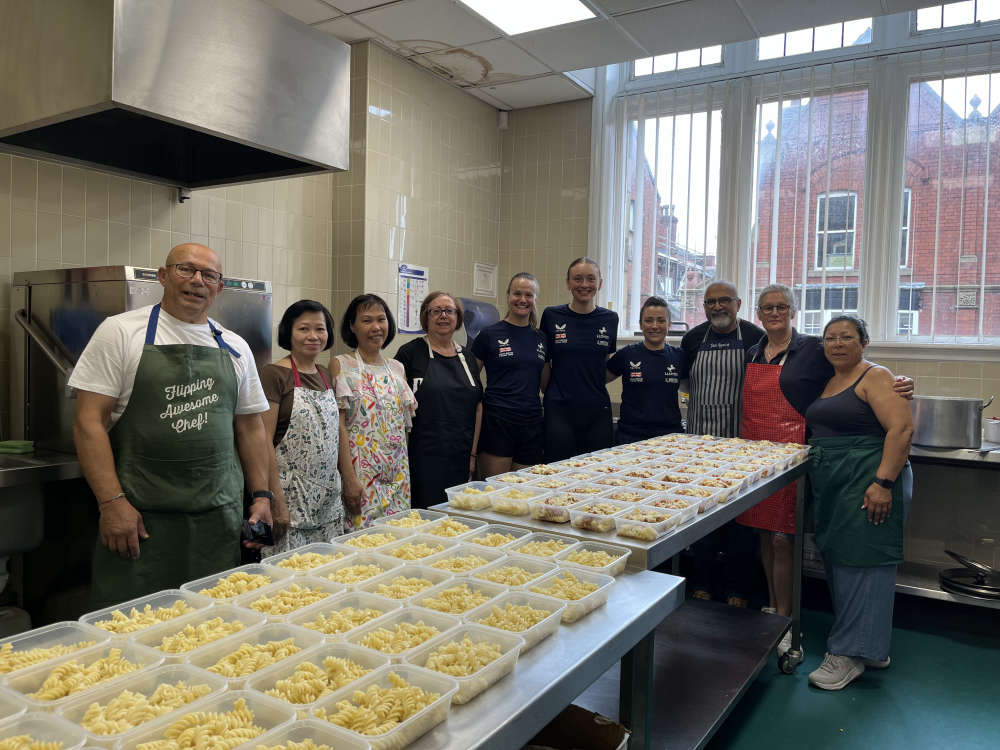
One in four people in Greater Manchester have admitted that they are cutting back or skipping meals because of the cost of living crisis, new research has found.
At last week's Greater Manchester Combined Authority meeting, local leaders from the 10 districts and Mayor Andy Burnham all raised concerns from residents about increasing pressures brought on by food and fuel costs, with energy bills predicted to rise to more than £3,300 on average this October.
Greater Manchester’s own Residents’ Survey, last carried out in March and April, found that more than two thirds of people cite finance as a current concern, with economic challenges likely to have a greater impact on younger respondents and those from racially minoritized communities.
A third of people said there were times over the past year when they couldn’t afford to eat a balanced meal, while a quarter said someone in their household had cut back on meals or skipped them entirely.
Now, to focus efforts and better coordinate the response from Greater Manchester local authorities, a series of measures is being put in place to provide help, support and advice for residents.
Alongside this, Cllr Amanda Chadderton - Oldham Council leader and GMCA portfolio lead for Equalities, Inclusion and Cohesion - has been appointed to spearhead strategic efforts at a Greater Manchester level.
A new online resource has also been launched to help guide residents to support available in their area, covering a variety of topics including help with food bills, energy, childcare costs, pension credit top-up, help with transport costs, mental health and well-being (including gambling harm) and digital inclusion. It will also signpost people to local authorities and national support where appropriate.
Residents can visit www.greatermanchester-ca.gov.uk/helpinghand to find out more.
No Child Should Go Hungry
Greater Manchester has also seen a rise in the number of children and young people eligible for school meals, with census data indicating that 132,000 school pupils - approximately 28 per cent of all pupils - qualify. The figure is substantially above the national rate of 22.5 per cent.
The Greater Manchester Residents’ Survey has also found that households with children are more likely to experience food insecurity. Despite the extension of the holiday activities and good programme, and the Government’s household Support Fund, there remains a funding gap in good provision for children over the summer holidays.
Following the success of the Emergency Food Card Initiative, which has already seen over 12,500 cards distributed over the past 18 months to support children and young people who need immediate access to good quality food, the Mayor has pledged additional funds from the Mayoral fund to provide an extra 220 pre-paid cards to each council area.
Each card, which can be used in a range of supermarkets or PayPoint Networks, will be charged with £5 credit to enable young people in need to access to emergency food, fuel, or mobile top-ups over the summer holidays.
The cards will bolster a package of support schemes already in place, including through the No Child Should Go Hungry campaign and the cross-sector Greater Manchester Food Security Action Network.
A donation page has also been set up, managed by charity Forever Manchester, to help children and young people who need access to food over the school holidays, and can be found at No Child Should Go Hungry Fund - JustGiving.
Greater Manchester is also responding to concerns that rising energy costs may lead some people to choose unsafe heating methods in their home.
Given the potential increased fire risk of these actions, Greater Manchester Fire and Rescue Service (GMFRS) is warning of the dangers of trying to heat or cook using unsafe equipment, and exploring how it can better support residents and help them to stay safe - including through the Helping Hand website.
'Our message is clear: there is no more time to waste'
Mayor of Greater Manchester Andy Burnham said: “There is no greater or more urgent challenge facing us right now than the cost-of-living crisis. Millions of people already struggle to make ends meet, and there is a growing risk that many more will be pushed into poverty when energy bills rise this autumn.
“Leaders in all of our 10 boroughs can see the situation deteriorating before our eyes. We’ve heard from residents who are feeling the weight of pressures unlike anything they’ve seen before. All of this is compounding the stresses of the pandemic, which hit more deprived areas harder and exacerbated existing inequalities.
“We are constantly looking at everything we can do at a Greater Manchester level to help the increasing numbers of people in, or at risk of, food and fuel poverty. The measures we’re announcing today are a small part of that response, but we know it will take a concentrated and constant effort from us all to meet this challenge. We will continue to act wherever we can throughout the rest of this year, and call on the Government, and the new Prime Minister, to work with us to help communities here in Greater Manchester. Our message is clear: there is no more time to waste.”
Cllr Amanda Chadderton, GMCA Lead for Equalities, Inclusion and Cohesion, said: “It’s clear to all of us in Greater Manchester that the cost-of-living crisis is the biggest issue facing our residents right now, and we’re facing an even more challenging winter ahead.
“It is appalling that in 2022, in this country, a lot of our residents have to choose whether to heat or to eat. What we’re going to see over the next two years is more people falling into poverty, in communities already scarred by entrenched deprivation and the impact of the pandemic.
“It’s incumbent on all of us to act, and act quickly, as we go through the rest of this year to tackle this crisis head-on.”


 Nursery put into special measures by Ofsted
Nursery put into special measures by Ofsted
 Olympic cyclists swap velodrome for kitchen in support of local food project
Olympic cyclists swap velodrome for kitchen in support of local food project
 The scheme helping young people thrive at Willow Wood
The scheme helping young people thrive at Willow Wood
 Tameside couple take on epic tandem cycling challenges to raise funds for rescue cats and charities
Tameside couple take on epic tandem cycling challenges to raise funds for rescue cats and charities

